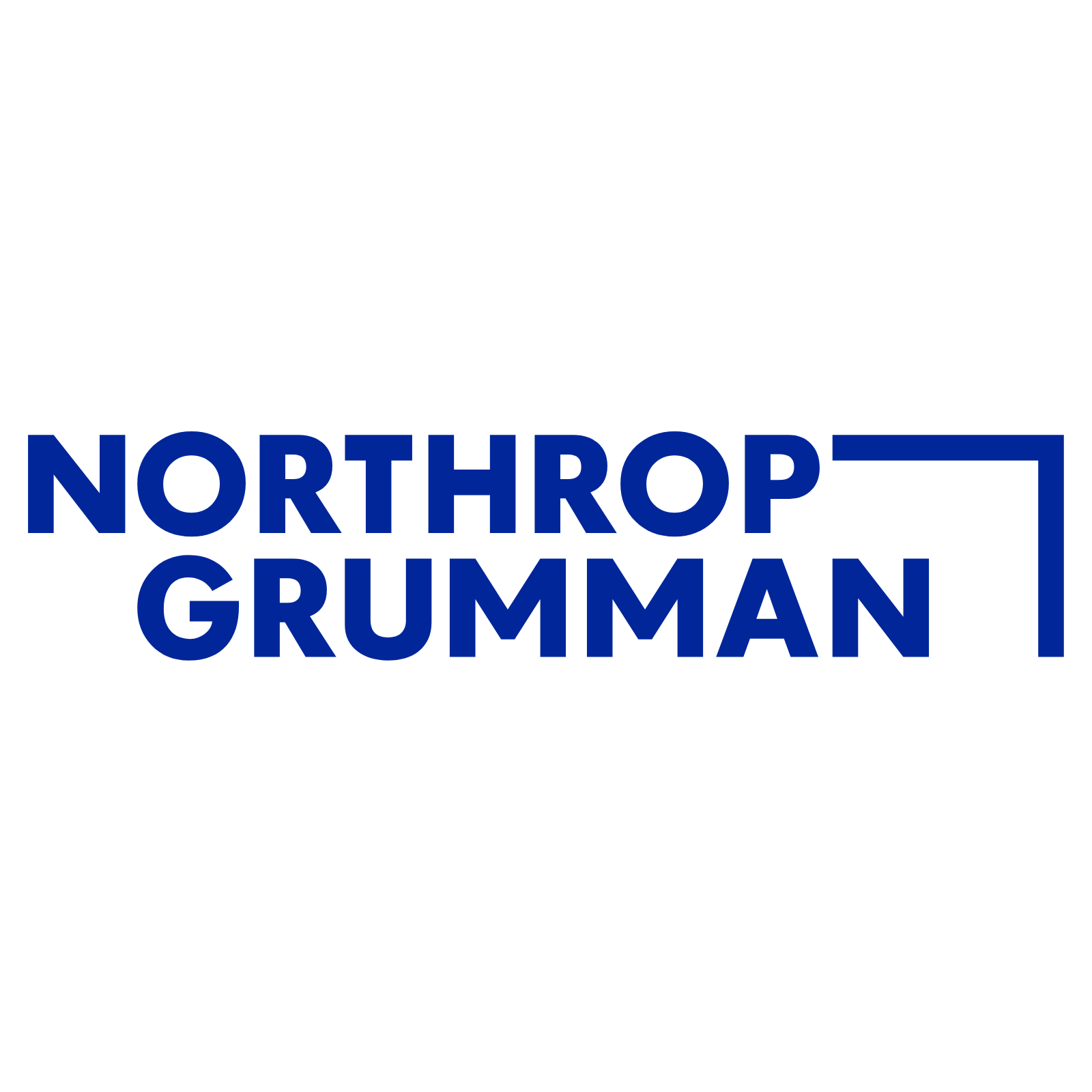Staff Engineer Human Factors
- Location:
- Melbourne, Florida, United States of America
About Northrop Grumman

Northrop Grumman solves the toughest problems in space, aeronautics, defense and cyberspace to meet the ever-evolving needs of our customers worldwide. Our 90,000 employees are Defining Possible every day using science, technology and engineering to create and deliver advanced systems, products and services. Northrop Grumman careers and internships are as varied as your interests, with a lifetime of potential that will allow you to work together with people from many backgrounds, personal passions and disciplines.
Northrop Grumman Aeronautics Systems has an opening for a Staff Human Factors Engineer to join our team of qualified, diverse individuals. This position is located on-site in Melbourne, Florida.
The Human Systems Integration team is seeking a Staff Human Factors Engineer (HFE) to join Northrop Grumman. In this position, the new team member will be part of the team ensuring the evolving aircraft hardware and software systems are operable by US military flight and maintenance crews. This position requires a strong background in Systems Engineering.
Job responsibilities include:
- Support the evaluation of requirements adhering to Human Factors best practices and specified sections of MIL-STD-1472.
- Interface and collaborate with Government counterparts
- Plan and host Working Groups / Technical Information Meetings
- Author/support the program documentation of the HFE processes and products in a format consistent with US Military Data Item Descriptions (e.g. Human Engineering Program Plan, Human Engineering Design Approach Document – Operator, Human Engineering Design Approach Document – Maintainer, Human Engineering Test Plan, Human Engineering Test Report, et. al).
- Collaboration with Design Integrated Product Teams (IPTs) to ensure evolving design addresses program needs and adheres to Human Interface design requirements
- Contributions to Human Factors Analyses (including but not limited to: Task Analyses and Predictive Workload Analyses, Usability studies, Workload, and Situational Awareness surveys).
- Conduct computer based (NX) and empirical accessibility assessments from both an operator and maintainer perspective.
- Support Airworthiness analysis, artifact development and compliance summaries.
Basic Qualifications:
- Bachelor's degree and 12 years of experience in a Human Factors related field; a Master's degree and 10 years of experience in a related field; or a PhD and 8 years of experience in a related field.
- Must have an active DoD Secret (or higher) clearance (with a background investigation within the past 6 years or enrolled into Continuous Evaluation)
- Must have the ability to obtain and maintain Special Access Program (SAP) clearance
- Experience with MIL-STD-1472, Human Factor survey development, test procedure execution, and/or test report writing.
Preferred Qualifications:
- Active, In-Scope TOP SECRET DoD security clearance with the ability to obtain Program Access
- Experience developing, administering and/or analyzing Human Factors questionnaires such as Usability, Workload, and Situational Awareness.
- Proficiency in writing and executing demonstration & test procedures
- The ability to clearly and accurately express engineering findings orally and in written technical reports and presentations.
- Familiar with the interpretation and application of systems safety, personnel survivability, and habitability requirements to system design
- Experience with CAD Tools (NX and NX Jack Expertise preferred)
- Experience with system engineering processes and tools (DOORS preferred)
- Experience in system modeling tools (i.e., CORE, Rhapsody, PTC Integrity Modeler, Cameo)
- Understand systems and design thinking as well as HMI/HCI design principles and practices
- Experience authoring Human Interface Design CDRLs in accordance with DoD Data Item Descriptions (e.g. HEDAD-M/O, HEPP, HSIPP, HETP/R, etc.)
- Experience interpreting, applying, and/or tailoring MIL-STD-1472, MIL-STD-411, MIL-STD-1787, MIL-STD-3009, and/or MIL-STD-46855 in support of aircraft design activity